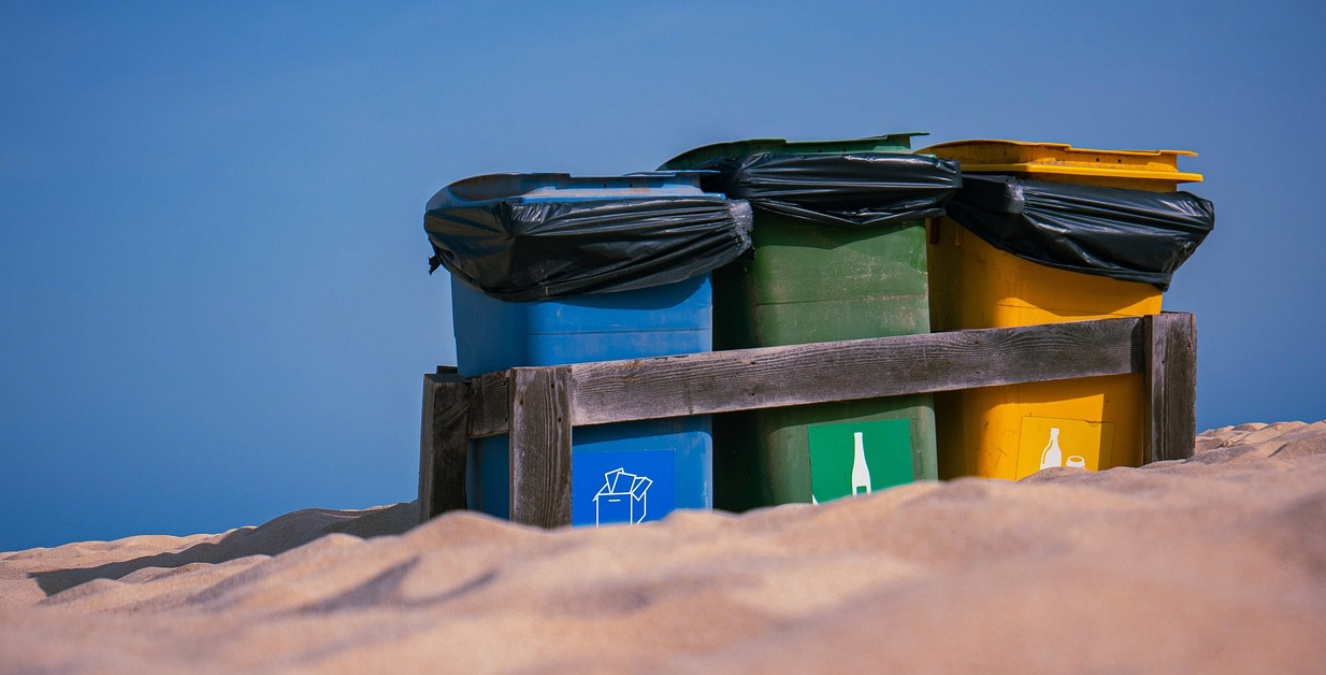You need to be aware of French sustainability legislation, specifically the Anti-Waste for a Circular Economy Law (AGEC Law) and Decree 2022-748.
Find out more about how Asendia's supports retailers with international shipping services
Important note: this article is not exhaustive, and you may need to follow additional requirements.
As we’ve already explored previously, expanding your business into a new territory is exciting, but navigating a new market, such as France, also involves understanding local regulations.
One that you need to be aware of is French sustainability legislation, specifically the Anti-Waste for a Circular Economy Law (AGEC Law) and Decree 2022-748.
What's the AGEC law and why should you care?
AGEC Law is considered by many to be France's superhero against waste. Implemented in 2020, it aims to promote reuse, repair, and recycle (often called curricular economy) instead of constantly producing single use items.
Decree 2022-748, which came into effect in January 2023, is an offshoot of AGEC focusing on transparency for consumers, especially when it comes to ‘waste-generating products’.
If you're selling textiles (clothing, shoes, home furnishings), furniture, electronics, and a bunch of other everyday items (a full list is here), then this applies to you.
Basically, if your product is likely to one day end up as waste, this law makes sure you’re telling people about it.
It’s all about being transparent
This doesn’t mean that your products are banned from being sold in France. It’s all about making sure French customers have easy access to clear information about the environmental qualities and characteristics of your products and their packaging.
This must be done in a number of ways:
- Dematerialised product sheet: French law requires a you provide details of the material used to make your product and its potential for repair or reuse, as well as any end-of-life instructions for disposing of it safely.
- Packaging transparency: Is your packaging compostable? If so, tell everyone who will listen. Decree 2022-748 requires clear labelling if your packaging is made from compostable materials or not
This can be a great selling tool for eco-conscious customers the world over
Sustainability is good for business. Yes, you must comply with regulations for French officials, but customers the world over are increasingly eco-conscious.
If you start using environmentally friendly products and packaging, tell people and show your commitment to sustainability.
- Don't just meet the minimum requirements – go the extra mile and highlight your use of sustainable materials, ethical sourcing practices, and any take-back or recycling programs you offer.
- QR codes or NFC tags on your products give customers easy access to your product sheets that detail your eco-credentials, a must for France, a lovely to have elsewhere.
- Work with suppliers like Asendia, who already have an unrivalled commitment to sustainability. This strengthens your brand story and makes sure it’s not just your products that are eco-friendly.
Complying with the AGEC Law and Decree 2022-748 is essential for selling in France. But by embracing sustainability, you not only avoid penalties but also attract eco-conscious customers in France and beyond.
Navigating France’s Decree 2022-748 may require some adjustments, but the long-term benefits for your business and the environment are well worth the effort.
Make sure your team is well-versed in the new requirements. Conduct training sessions to keep everyone informed about their roles in achieving compliance and educate your customers about your sustainability efforts.
Embrace this opportunity to innovate and lead in sustainability. Use your website, social media, and email newsletters to communicate the steps you’re taking to be more sustainable.
Your customers and the planet will thank you.






